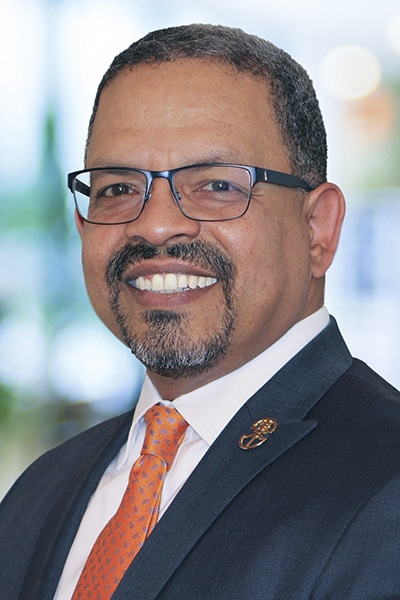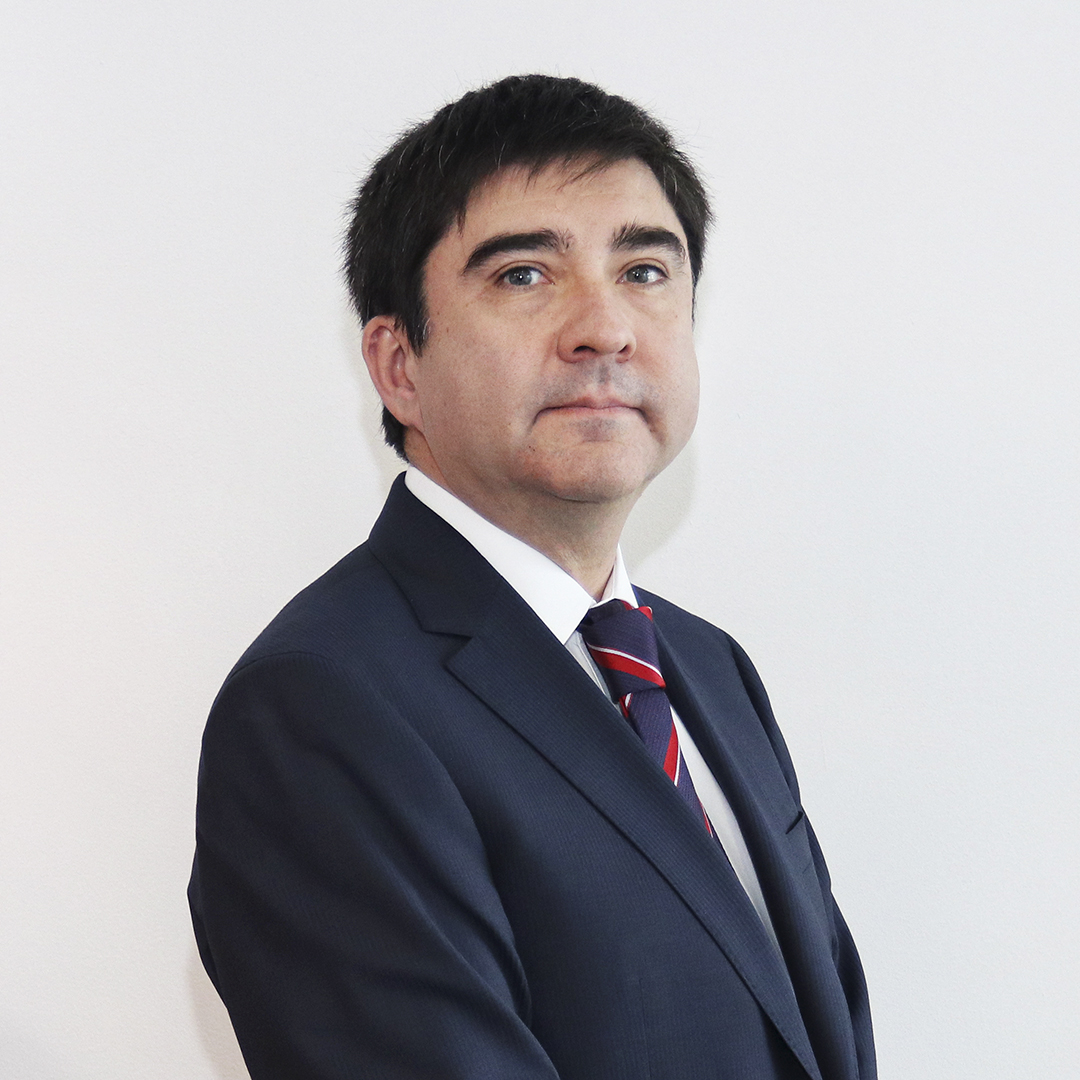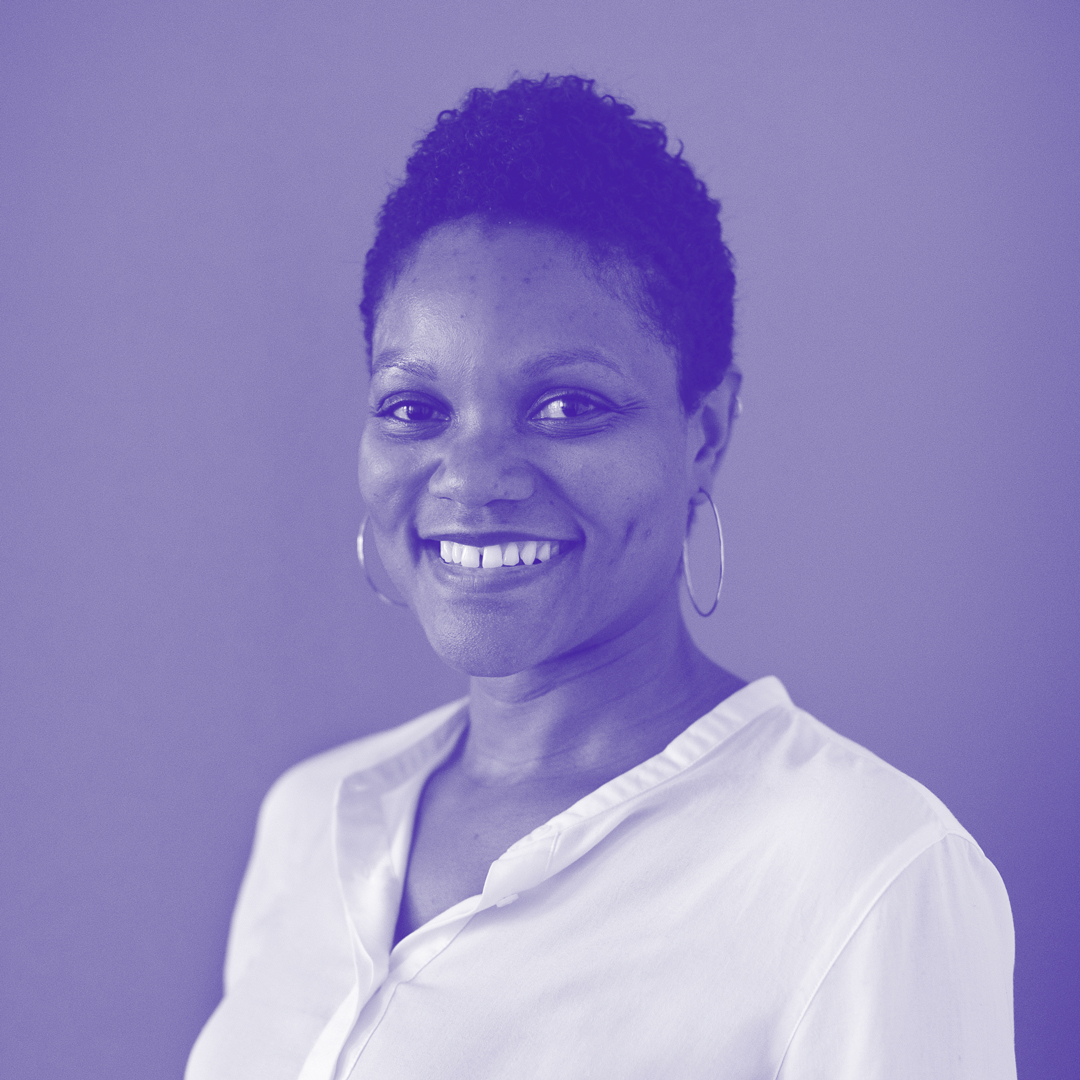|
Getting your Trinity Audio player ready...
|
In his nearly twenty years working at the Depository Trust & Clearing Corporation (DTCC), Mario Rivera has held a variety of positions. The financial services technology company encourages its staff to move around and seek other opportunities within the organization—and Rivera uses these role changes to support his own career growth as well as the development of future leadership.
Whenever he shifts roles, he evaluates his direct reports, identifying team members who may eventually take his position. “We talk career goals,” he says, “and I train them into my role, sharing skills and developing strategy.”

Sometimes things come full circle. Rivera worked on the risk management team at DTCC for several years before transitioning to wealth management, and later to finance and HR support. In December 2019, Rivera returned to risk management when he took on the role of executive director of enterprise application support.
He now manages a sixty-person risk and data services team that, he says, “supports the risk calculation systems for each of DTCC’s clearing corporations. We are constantly recalculating risk for the US market.”
During his time in the risk department, he has run his own process to overhaul the team structure. Where, previously, the team was organized into subgroups based on technologies, Rivera has switched it up to create a more client-centered team focused on internal clients and their needs.
“The business side should not have any concerns about tech,” he says. “Our work should enable the client to get their work done.”
One of his tactics has been to pair analytics team members with technology experts, making sure they understand each other’s needs while providing cross-training opportunities. It seems to be working: he reports feedback that the responsiveness from his team is up and coordination is getting even better.
“We talk career goals, and I train [future leaders] into my role, sharing skills and developing strategy.”
Rivera also focuses on work methodology. A huge advocate for Agile methodologies, he has helped integrate the development approach throughout DTCC. “It’s client-focused,” he explains, much like other transformations he has led. Rivera appreciates the decreased time-to-market that Agile’s clear prioritization structure encourages. The MVP (minimum viable product) principle means that clients get value sooner from the solution and can also provide feedback throughout a design process. “We use incremental delivery to get to the end state,” he says.
Rivera recalls a massive finance project, which involved eight different squads overhauling huge systems, where Agile transformed his work. Because of the need for input and opinions from many people, he says, “not much happened because everyone pulled in different directions.” Not much, except lots of meetings. Once they shifted tactics and the whole group focused on a single priority, the logjam broke and they could then take other needs into account.
Rivera helped put together DTCC’s first formal release of Agile in 2017. Unlike most organizations, he explains, “we are a highly regulated firm.” The result, he says, is that DTCC cannot simply build systems; they must also provide robust documentation.
Effecting change by facilitating groups of people is not new to Rivera. Raised by a mother who believed deeply in the importance of education—and who got her bachelor’s degree at night while working full-time and raising kids—Rivera says, “It was just understood that we would go to school and do well.” He studied engineering at Cornell University, where the Latinx population was only 4 percent. “We saw people not make it,” he recalls of his mostly first-generation cohort.
Driven partly by the low number of Latinx students, Rivera was one of the founding fathers of Cornell’s Latino fraternity Lambda Upsilon Lambda, thus creating a community to help others pool knowledge and experiences. “You need the smarts and the discipline,” Rivera says of making it at Cornell. “We wanted to share what we had learned. We wanted to help others succeed. Having Latinos represent only 4 percent of the Cornell population didn’t seem right to us.”
“We wanted to share what we had learned. We wanted to help others succeed. Having Latinos represent only 4 percent of the Cornell population didn’t seem right to us.”
Founded in 1982, the fraternity now has more than seventy chapters around the country and is still all about community, getting involved, and giving back, Rivera says. As an alumnus, he helped endow the Latino Living Center on Cornell’s campus. The experience showed him the long-term impact of the organization: “I cofounded it with people from a different generation,” he says.
In 2009, Rivera cofounded Unidos, DTCC’s Latinx employee resource group. It’s one of several employee resource groups at the company; diversity and inclusion is very important to the organization, he says. “It came from many places, including the idea that, from a business perspective, diverse workforces are—and have been proven to be—more successful,” Rivera explains.
Unidos provides a networking space where members can meet people from across the company, demonstrate their talents, and be part of mentoring circles. Rivera spent four years building the group and, true to form, nurturing future leadership. “Now I’m just a member, passing the baton to new leaders,” he explains.
From his profession to his alma mater, the executive director provides encouragement, laying foundations that will bolster success. This extends to his own home as well. All of Rivera’s four children followed in his footsteps and attended Ivy League universities, one at Wharton/UPenn and three at Cornell.
When one of his daughters discovered he had cofounded the endowment to support Cornell’s Latino Living Center, she told him, “Dad! That’s the meeting place for all of the Latinx organization on campus.” Life indeed had come full circle as he got to see how his efforts so many years ago affected the college experiences of his children.
Related Links

